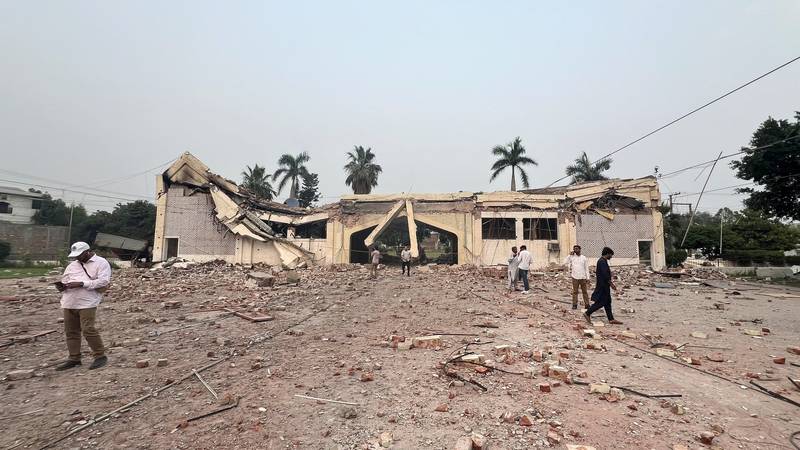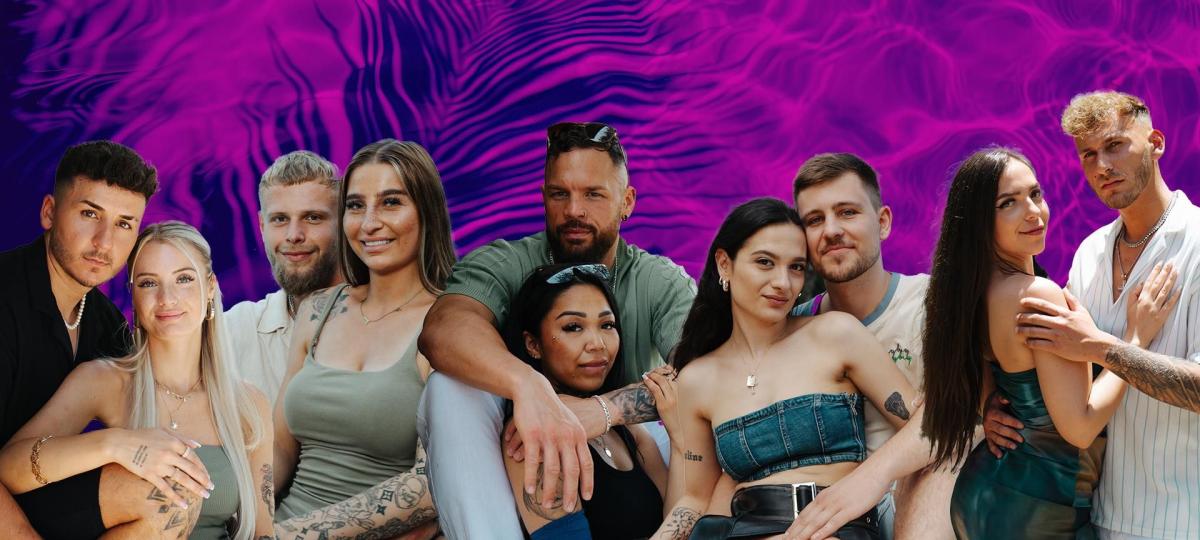Back to Ghana, but how do you tell your father who just left?
/s3/static.nrc.nl/images/gn4/data131879104-1a31bb.jpg)
Podcast maker Abena wants to go back to Ghana, she says to the bright pink microphone, which is able to do between her and her father. She is working on a podcast about herself. She has decided to return to the country where she grew up, she says, because for a while she has the feeling that there is ‘a hole in her soul’. Perhaps a trip to her native country helps to heal hair.
As a teenager, Abena moved to the Netherlands with her parents. Her father, a pastor (sparkling energy interpreted by Bodé Owa), hoped to secure a better future for his daughter. Suggested by homesickness, her mother returned to her birthplace two years later. Abena remained with her father, who combined three different jobs to be able to offer his daughter the opportunities he never had. And now Abena wants to go back.
Actress and theater maker Kimberley Agyarko (1995) relied on in her lunch show Abroad On her own experiences. She too herself came to the Netherlands as a teenager, her mother also decided to return to Ghana, her father also had difficulty relating to her desire to look for lost parts of her identity in Ghana.
Abena is visiting her father in the play to bring him the news: she goes to Ghana. Not an easy message, given all the fears and hardships that it cost her father to make the journey succeed in the opposite direction. The microphone, which always has to be made a blow during the conversation, stands like a defense wall between the father and the daughter.
Sacrifice
Agararko lets her characters speak a hodgepodge of languages - Dutch, English and Twi (a Ghanaian language) – often varied several times within a sentence. It depicts the split of these people; Their heart and head fragments over two continents.
It depicts the split of these people; their heart and head fragments over two continents
There is an endearing kind of obviousness in the interactions between father and daughter. They make jokes, dance together, tease each other, confess their faith, singing, lazy sagging on the couch, along with ‘Johnny B. Goode’. It is a loving band. And at the same time – one does not exclude the other, which is well done – also stands out the forced nature of the father, which is blamed under a wide smile. Time and again he decides for his daughter what is best for her, perhaps from the desire to protect her, but losing sight of that she is also her own person, with her own preferences and desires and needs. When she asks for a glass of water, she gets a bottle of Fanta pressed into her hands.
Abena is grateful to her father for his sacrifice, for the misery he passed so that she would get it easier in life – but she also seems to want to compensate for that sacrifice, by adding herself, more than good for her, at his wishes, at the expense of herself. As if – a complex feeling, with which many second -generation migrants suffer – is a debt. With its autonomy as a means of payment.
Goes so AbroadMore than about Abena’s wish to return to Ghana, about how this character skips between loyalty to the father and following his own way. It is brave, and new for her, to wonder who she actually is. Perhaps it will be that the character remains somewhat on the schematic side for the time being. But she’s going. To Ghana. Looking for the child she was, and the woman she has now become. This calls for a sequel.

:format(jpeg):fill(f8f8f8,true)/s3/static.nrc.nl/taxonomy/bf9b707-commentaar-itemafbeelding-2024.png)
:format(webp)/s3/static.nrc.nl/images/gn4/stripped/data130990529-68d285.jpg)
:format(webp)/s3/static.nrc.nl/images/gn4/stripped/data131862086-d29d63.jpg)




